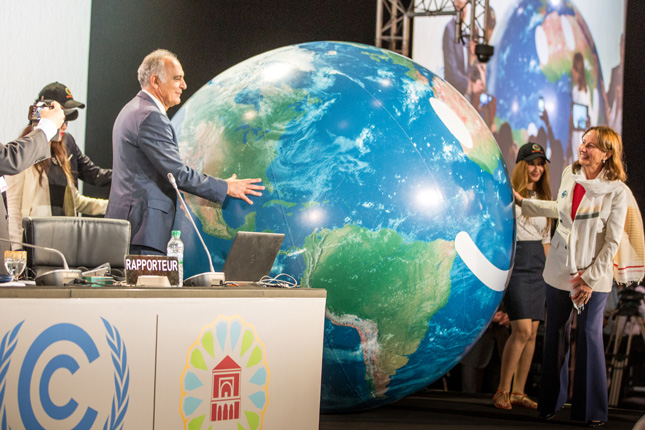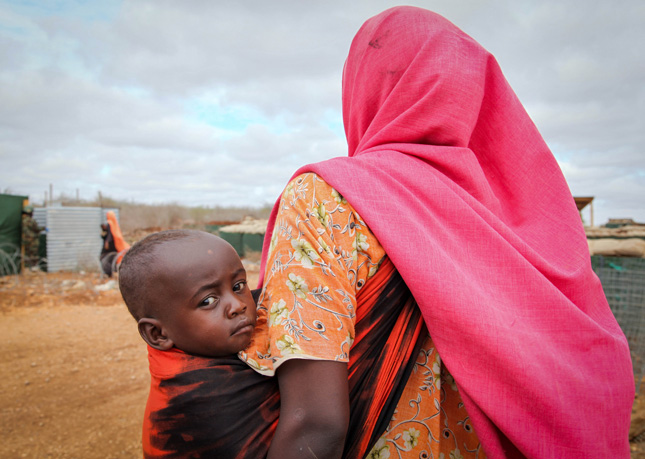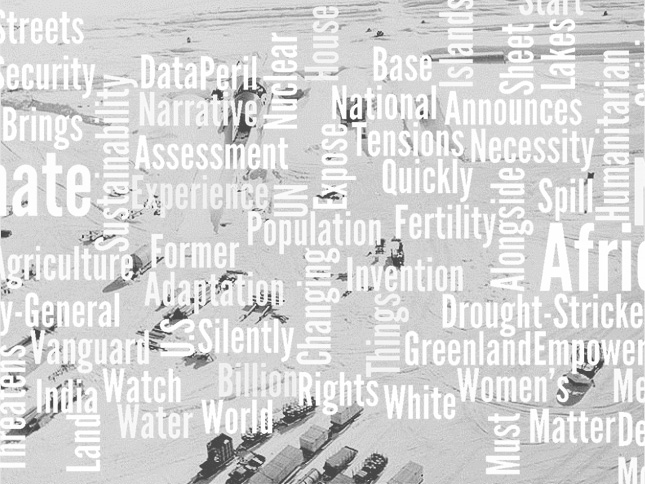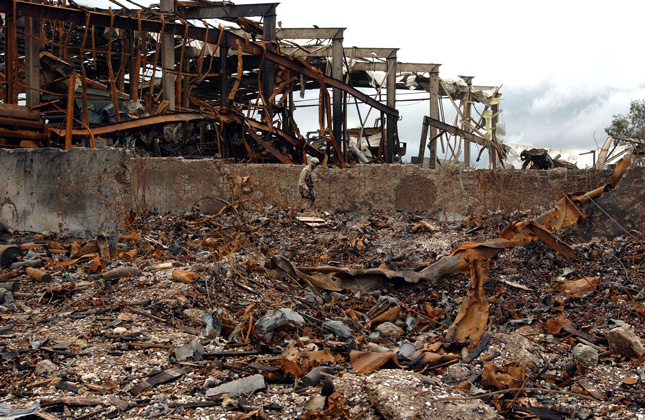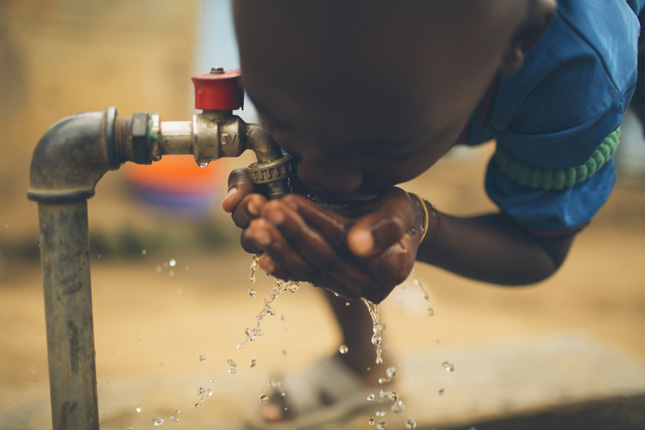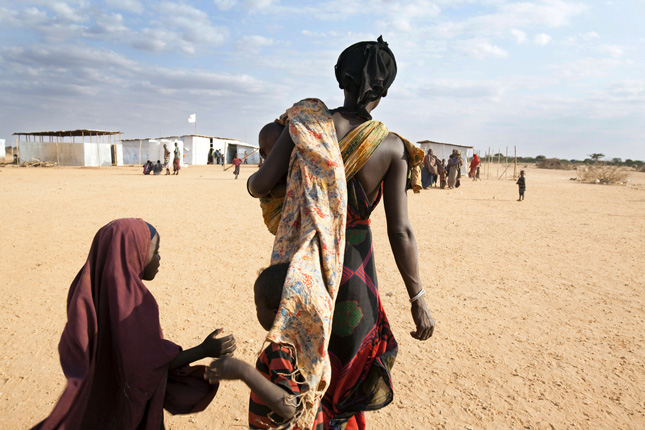-
5 Insights and Recommendations for Loss and Damage at COP-22 and Beyond
›November 10, 2016 // By Roger-Mark De Souza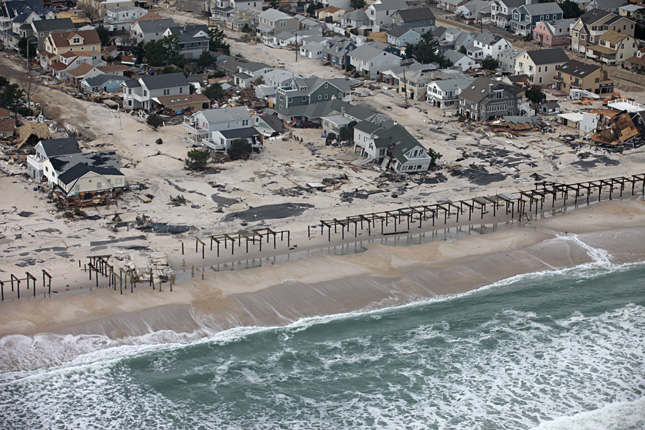
Over the past four years, I have been a member of the Resilience Academy, an initiative of the United Nations University, International Center for Climate Change and Development, and Munich Re Foundation bringing together thinkers from 29 countries to gather insight on climate change resilience and “loss and damage.” Loss and damage has many definitions, but broadly refers to the impacts of climate change that cannot be addressed via adaptation (adjusting to the effects) or mitigation (preventing them from happening at all).
-
How Climate Change May Speed Democratic Turnover, and Beyond a “Naïve” Understanding of Drought and Conflict
› In a recent paper published by Climatic Change, Nick Obradovich conducts the “first-ever” investigation into the relationship between rising global temperatures, electoral returns, and climate change. Using data from more than 1.5 billion votes cast across electoral contests held in 19 countries, he found that when the annual average temperature for a country rose above 70°F, there was a “marked” decrease in the number of votes received by incumbent officeholders.
In a recent paper published by Climatic Change, Nick Obradovich conducts the “first-ever” investigation into the relationship between rising global temperatures, electoral returns, and climate change. Using data from more than 1.5 billion votes cast across electoral contests held in 19 countries, he found that when the annual average temperature for a country rose above 70°F, there was a “marked” decrease in the number of votes received by incumbent officeholders. -
Strategic Ambiguity: How Loss and Damage Became a Part of Global Climate Policy
›
As the international community meets in Marrakesh for the climate change negotiations at COP-22, one of the most delicate issues on the table is the review of what’s called the Warsaw International Mechanism for Loss and Damage, or WIM.
-
No Mother Left Behind: How Conflict Exacerbates the Global Maternal Health Challenge
›
Since the end of World War II, the number of wars between states has declined significantly, but the number of intrastate civil conflicts – as seen in Syria and Afghanistan – has increased.
-
Top 10 Posts for October 2016
›
What happens when melting ice reveals buried nuclear waste from a foreign power originally there at the behest of a colonial power? Greenland may find out in the years ahead, according to research by Jeff and William Colgan about a Cold War-era U.S. military base long thought buried beneath an ice cap.
-
Chris Mooney, The Washington Post
Mosul Battle Shows Link Between War and Environmental Degradation, Says UN Agency
›November 4, 2016 // By Wilson Center Staff
The United Nations Environment Program is highlighting the battle by Iraqi forces to reclaim Mosul from the Islamic State as the latest instance in the complex but very real linkage between military conflicts around the world and extreme environmental degradation.
-
5 Focal Points for U.S. Global Water Strategy (And Submit Your Own Too)
›November 3, 2016 // By Ken Conca
Have something to say about the U.S. government’s approach to water around the world? Here’s your chance. The Department of State has issued a public call for comment on its global water strategy. An open session was held in Washington last Friday, but written comments can be submitted until November 12.
For inspiration, here are points made by our own (and American University’s own) Ken Conca, edited for space:
-
Could Climate Change Keep Kids Out of School? Q&A With Environmental Sociologist Heather Randell
›
Education is seen as a key tool for building resilience to climate change in the developing world. But new research shows that climate change could also make it harder to keep kids in school and ensure they get the best out of their time in the classroom.
 A Publication of the Stimson Center.
A Publication of the Stimson Center.


